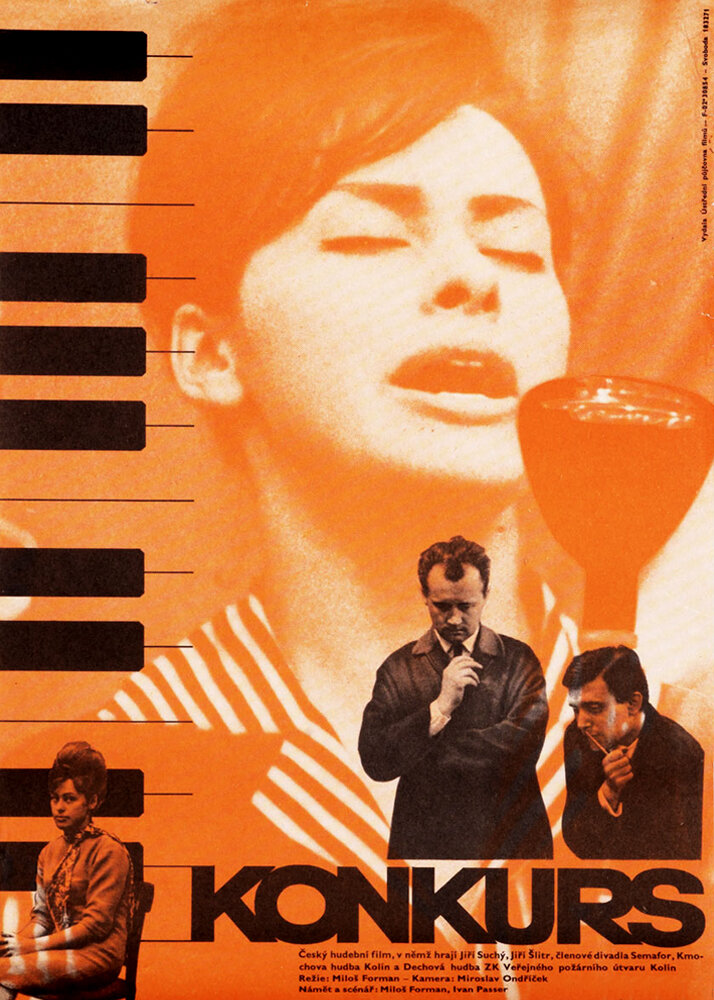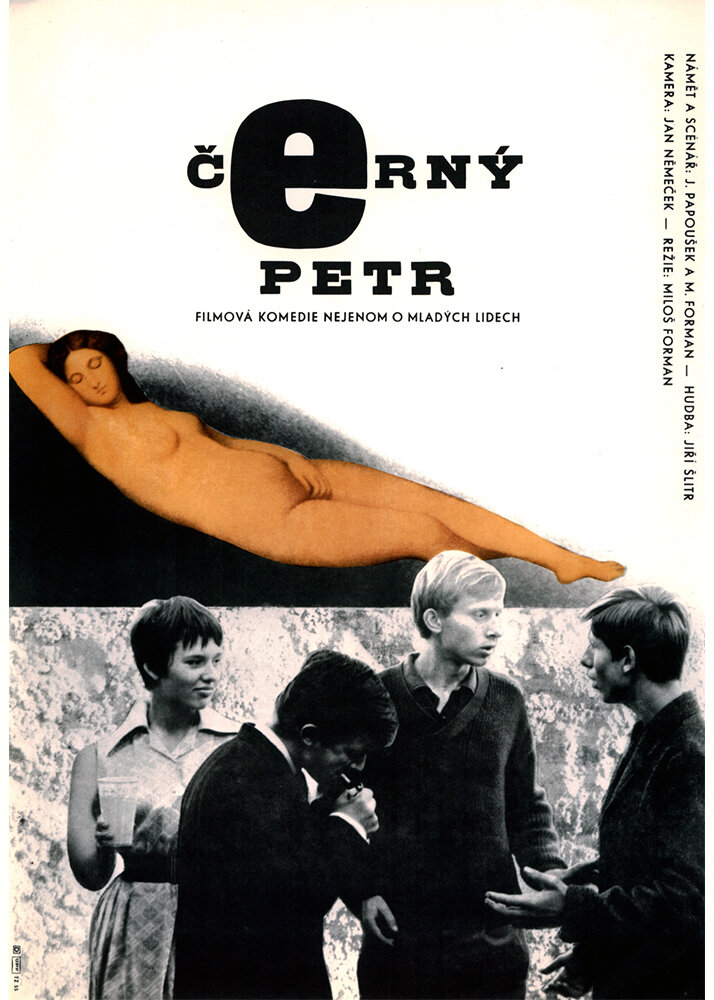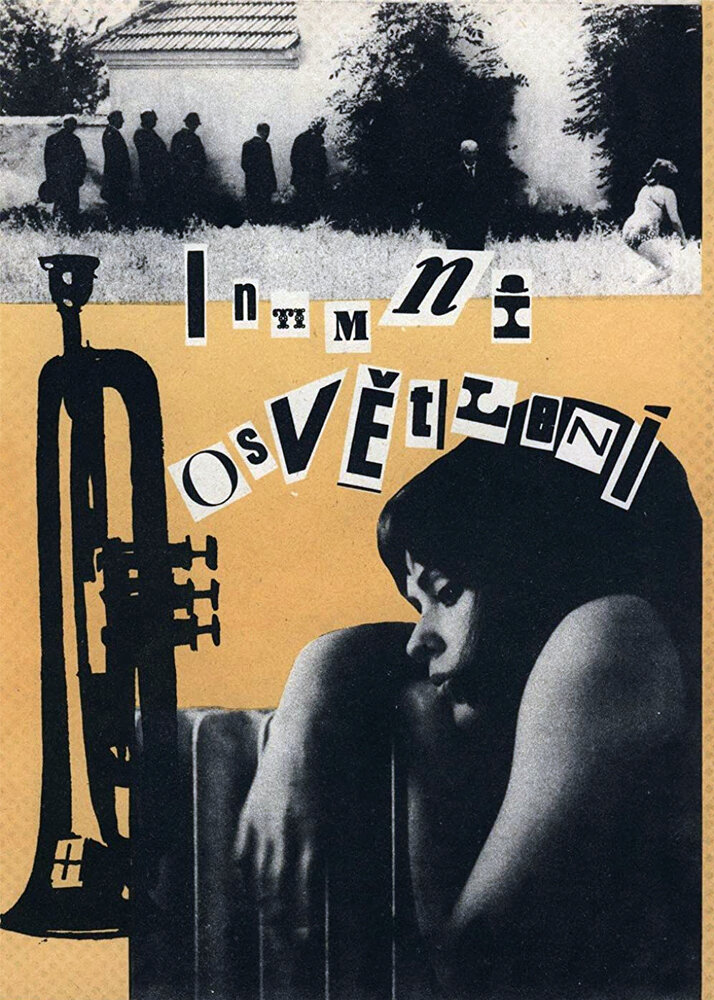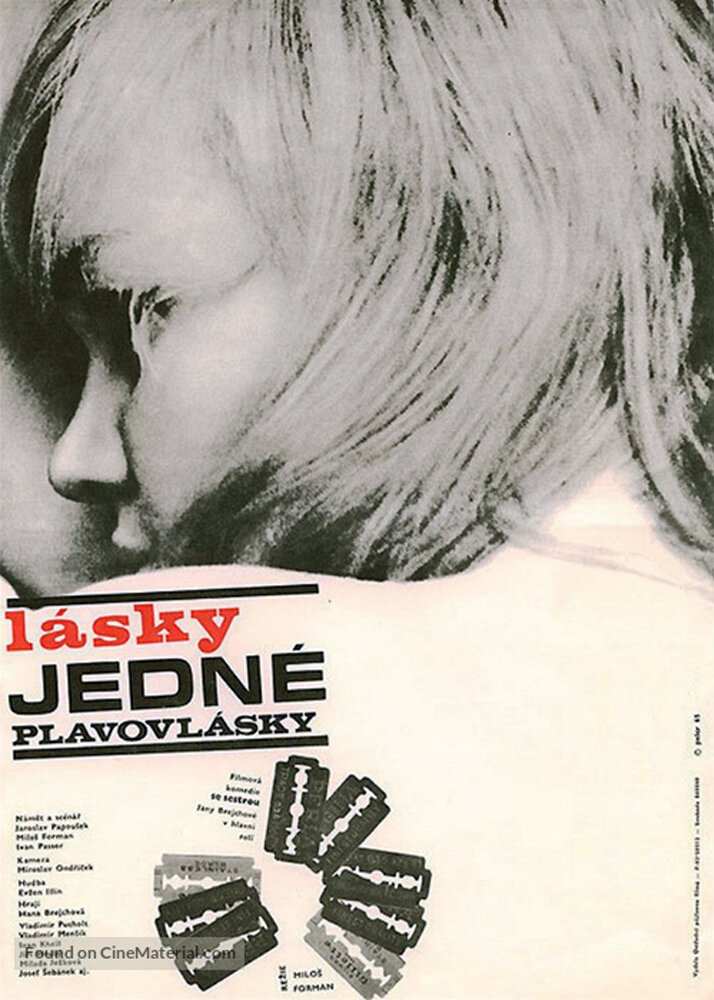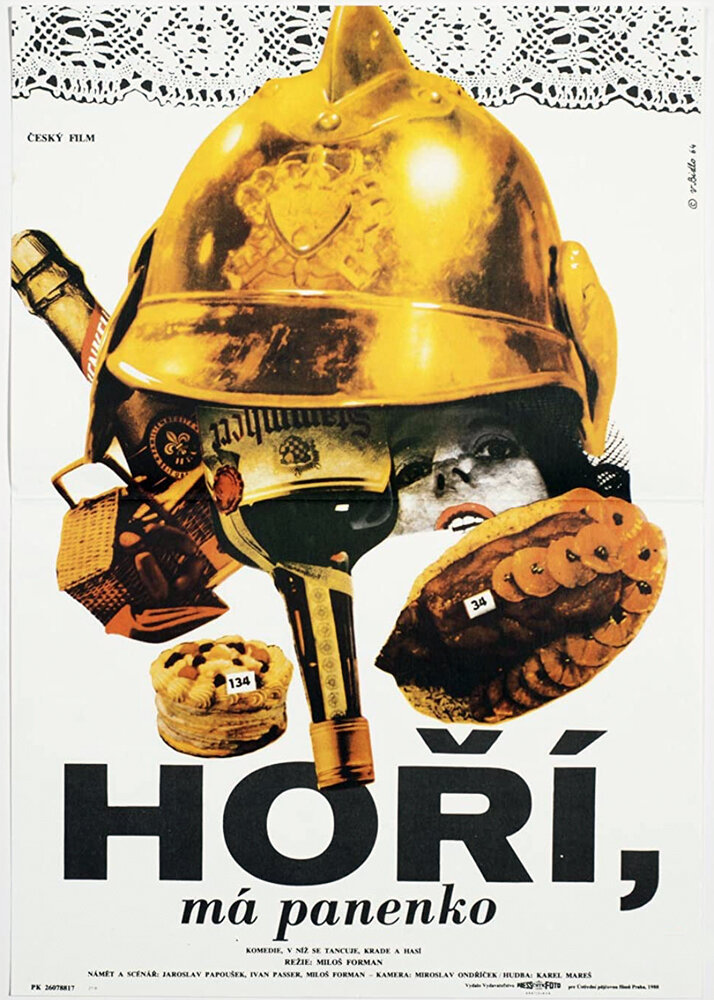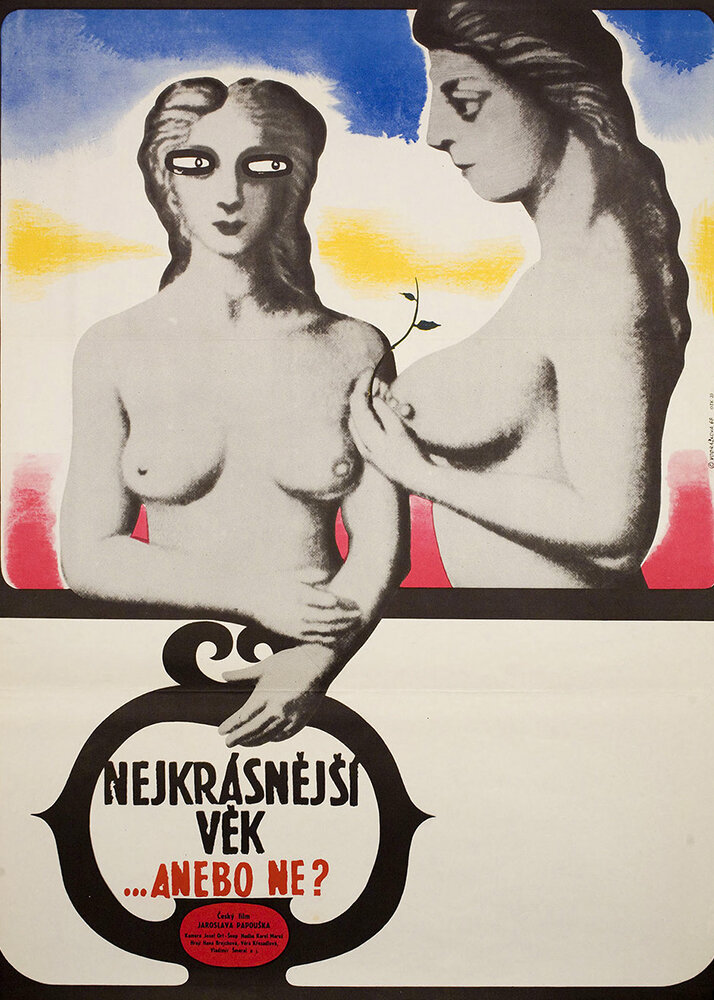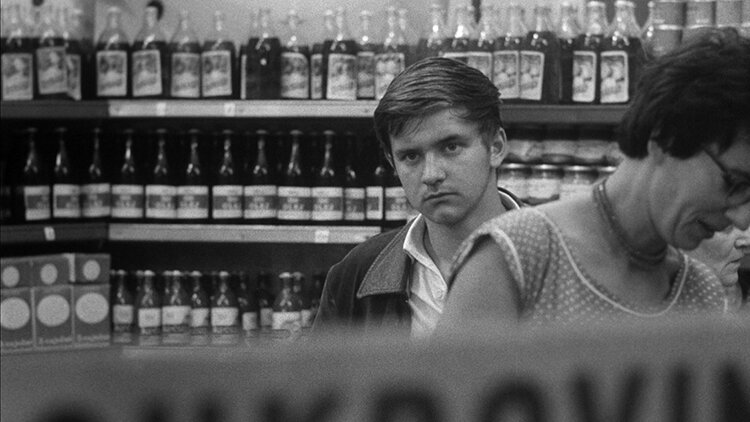Ep #51 - The Milos Forman School in the 60s
Like the rest of Europe, Czechoslovakia was busy making its own cinematic waves in the 1960s. Arguably, the Czechoslovak New Wave was one of the broadest and most formidable, stretching from extremely abstract art films to slice-of-life kitchen sink dramas. These filmmakers went in search of truth – indulging in a mix of dark humor, social satire and pure absurdism – and they would have gotten away with it too if it weren’t for that dang ol’ Soviet Union eventually putting the smack down on them.
At the forefront of this movement was a special foreman – Miloš Forman, that is. By his side was Ivan Passer, Jaroslav Papoušek and Václav Šašek, all of whom graduated from FAMU and went on to work together closely as filmmakers. In our latest episode, Bart and Jenna take a plunge into the Czechoslovak New Wave and start with the Miloš Forman School of collaborators. Get ready for some killer Czech rock’n’roll, a whole bunch of brass bands, a lot of low-key existential crises and some super judgmental looks!
The following films are discussed:
• Audition/Talent Competition (1964)
Konkurs
Directed by Miloš Forman
Starring Vera Kresadlová, Jan Vostrcil, Vladimír Pucholt
• Black Peter (1964)
Černý Petr
Directed by Miloš Forman
Starring Ladislav Jakim, Jan Vostrcil, Vladimír Pucholt
• Intimate Lighting (1965)
Intimní osvetlení
Directed by Ivan Passer
Starring Vera Kresadlová, Jan Vostrcil, Zdenek Bezusek
• Loves of a Blonde (1965)
Lásky jedné plavovlásky
Directed by Miloš Forman
Starring Hana Brejchová, Jan Vostrcil, Vladimír Pucholt
• The Firemen’s Ball (1967)
Hoří, má panenko
Directed by Miloš Forman
Starring Jan Vostrcil, Josef Sebánek, Jan Stöckl
• The Most Beautiful Age (1969)
Nejkrásnější věk
Directed by Jaroslav Papousek
Starring Hana Brejchová, Vera Kresadlová, Ladislav Jakim
